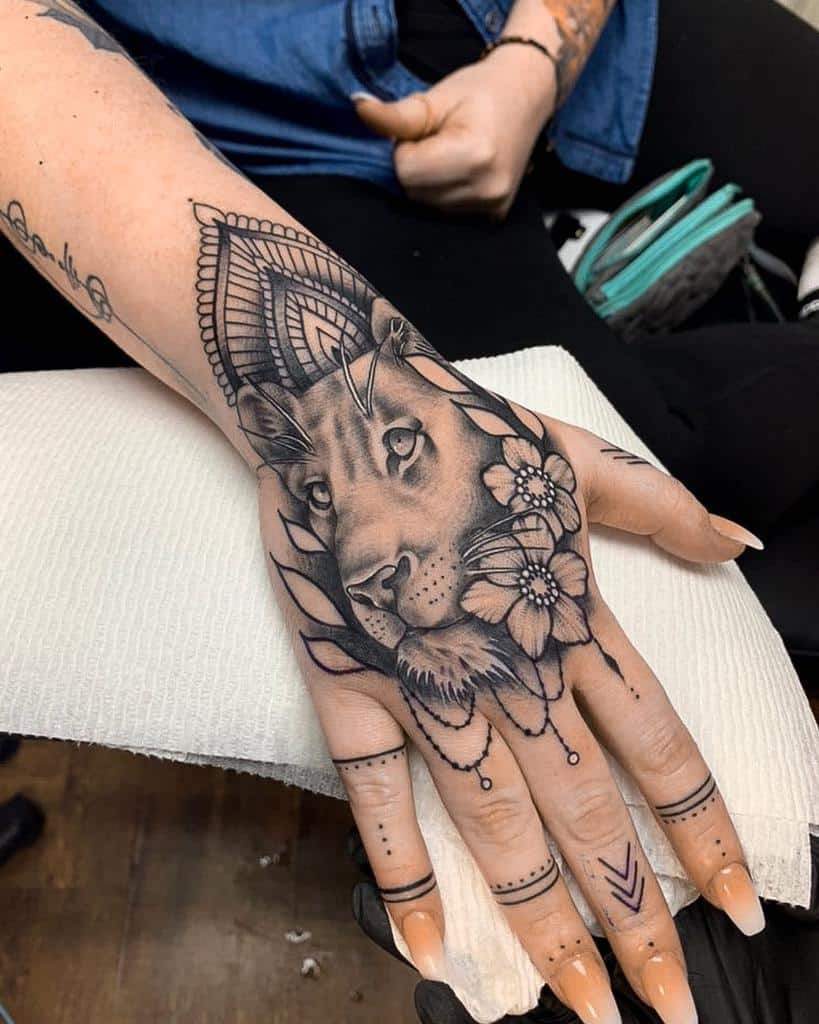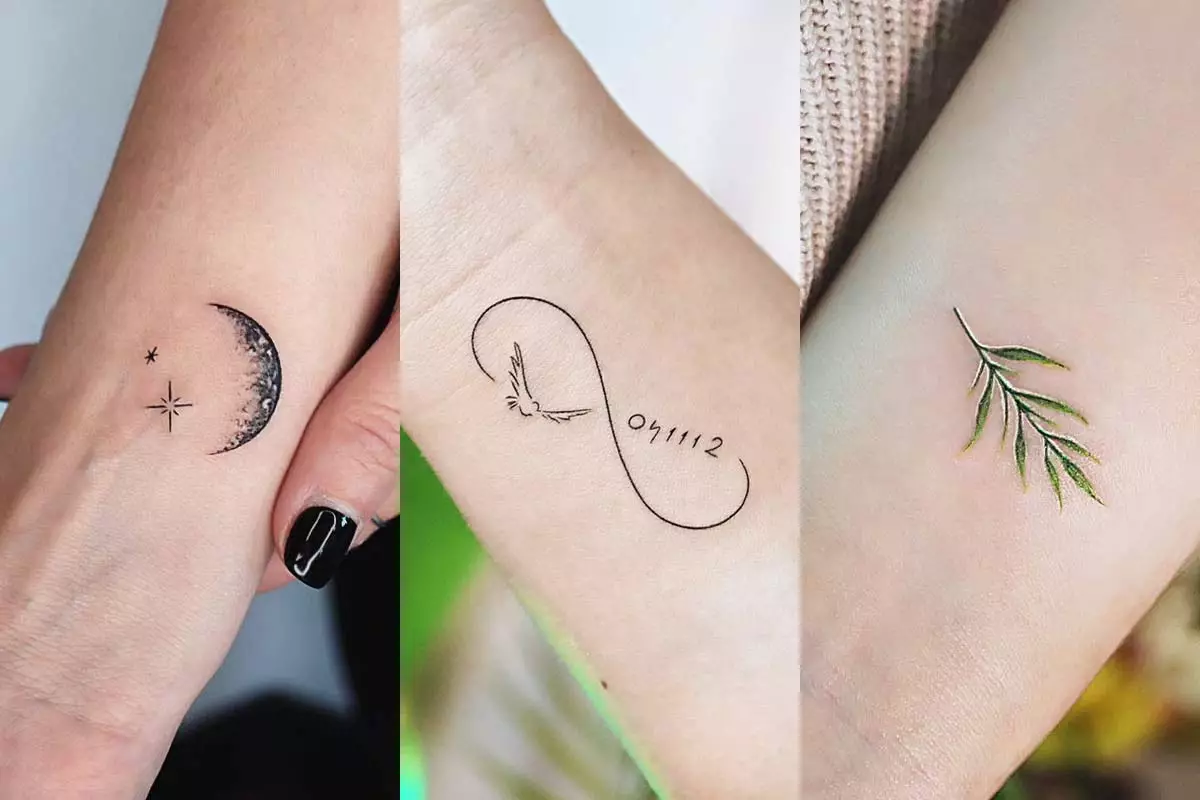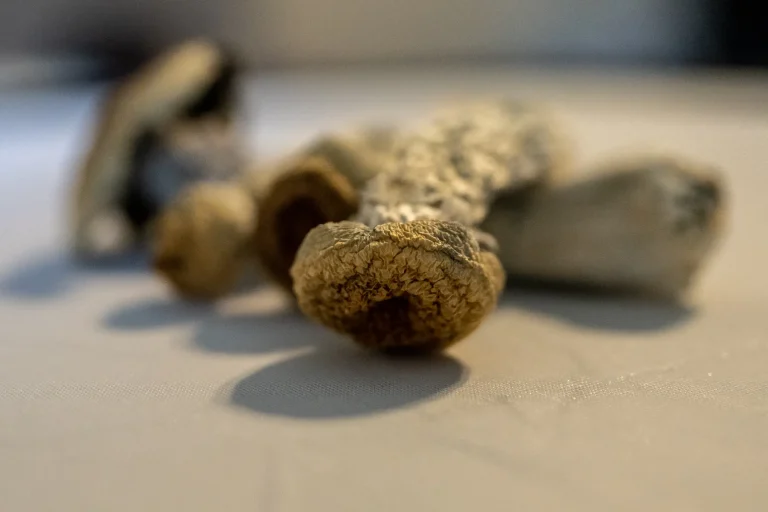Tattoo shops are more than just creative spaces where art meets skin; they are also places where strict health standards are crucial. Ensuring a safe and hygienic environment is paramount to preventing infections and other health risks. Understanding these health standards can help clients feel more confident and secure in their decision to get tattooed.
-
Sterilization and Cleanliness
One of the most important health standards in https://andretattoosnc.com/ tattoo shops is sterilization. All equipment that meets the skin, including needles, tubes, and grips, must be either single-use and disposable or properly sterilized between uses. Tattoo shops typically use autoclaves, which are devices that sterilize equipment by using high-pressure steam to eliminate bacteria, viruses, and other pathogens.
In addition to sterilizing equipment, maintaining overall cleanliness in the shop is essential. Workstations should be disinfected before and after each tattoo session. Floors, countertops, and other surfaces should be regularly cleaned with hospital-grade disinfectants to prevent the spread of contaminants. Artists should also practice good personal hygiene, including frequent handwashing and wearing gloves during the tattooing process.

-
Licensing and Certification
Tattoo artists and shops must adhere to local health regulations at https://andretattoosnc.com/, which often include licensing and certification requirements. In many regions, tattoo artists are required to complete training in bloodborne pathogens, infection control, and proper sterilization techniques before they can legally practice. This training ensures that artists are knowledgeable about the risks associated with tattooing and are equipped to take the necessary precautions.
Tattoo shops are also subject to regular inspections by health authorities to ensure compliance with these standards. During inspections, health officials check for proper sterilization practices, cleanliness, and the overall condition of the shop. Shops that fail to meet the required health standards may face penalties, including fines or temporary closure.
-
Safe Tattooing Practices
Beyond sterilization and cleanliness, safe tattooing practices are critical to protecting clients’ health. This includes using high-quality, non-toxic inks that are specifically designed for tattooing. Inks should be stored in sterile containers and only be dispensed into single-use cups to prevent contamination. Tattoo artists should also take care to avoid cross-contamination by changing gloves between tasks and properly disposing of used materials.
Furthermore, tattoo artists should provide clients with clear aftercare instructions to ensure proper healing and reduce the risk of infection. This includes advising clients on how to clean the tattooed area, what products to use, and what activities to avoid during the healing process.










+ There are no comments
Add yours